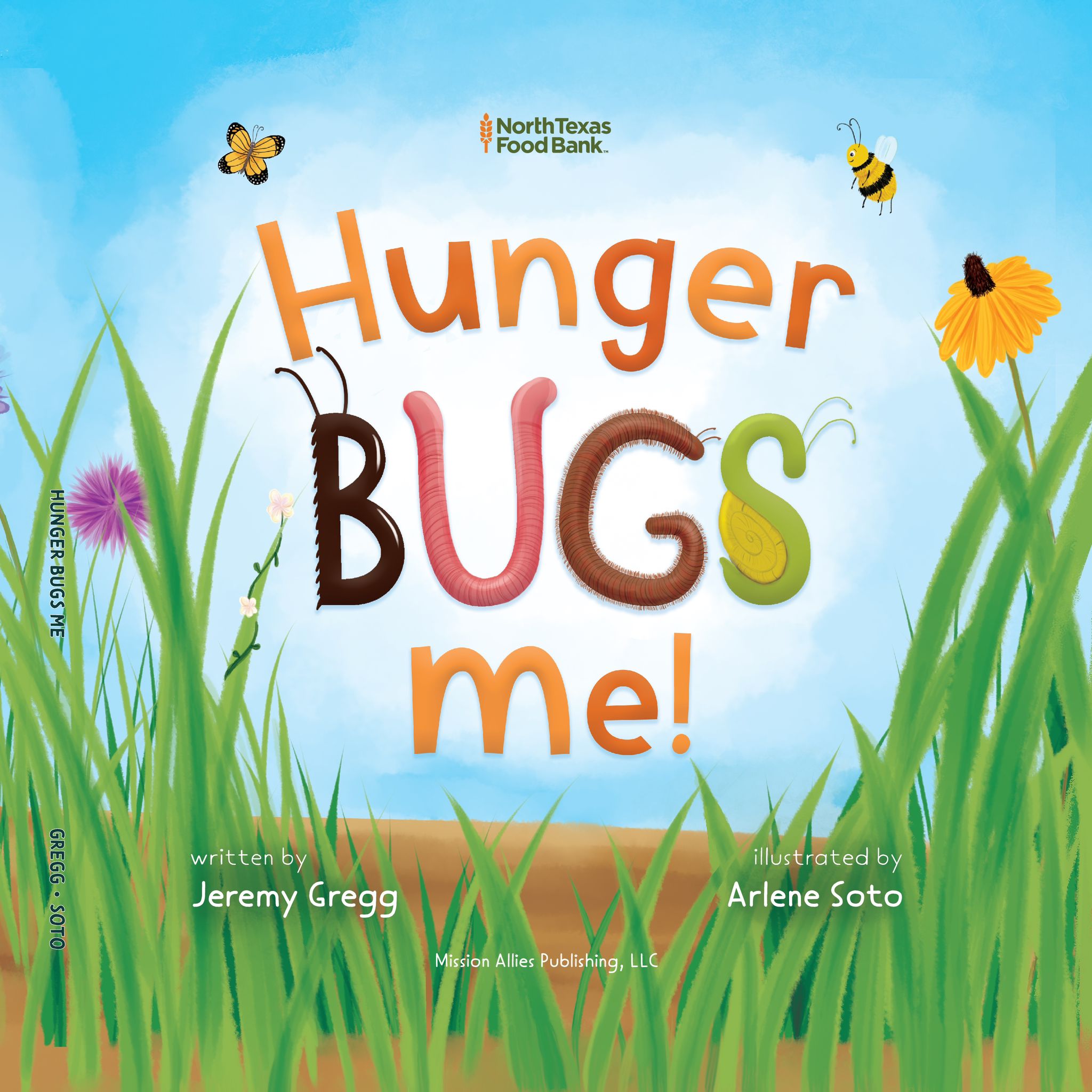
Dr. Willard Spiegelman (photo via SMU)
I was surrounded by talented teachers throughout my life. Almost all were good, and some were truly great. But among them all, there stood none greater than my dear W.S.
An announcement from my alma mater: “For over forty years, Willard Spiegelman, the Hughes Professor of English, has inspired generations of SMU students with his unique and energetic teaching style. Now, as he leaves full-time teaching as well the editorship of The Southwest Review (celebrating its centennial in 2015), former students of Professor Spiegelman are organizing an event in his honor.”
One of the many poets whom Willard brought into my life was James Merrill, whose poem “A Dedication” has frequently served as a source of inspiration to me. In honor of that gift, I offer this imitation of that poem.
A Dedication, for My Dear W.S.
Willard, there are moments when the class
Resolves itself into a pair of dancing feet, or hands
Scratching to pluck from the deep well of a book
That vigor they do not yet need to pack away.
These are the moments, if ever, a songbird sweeps
Into the school, like sunlight into the heart of a
Diamond, for its gift of clarity.
There are moments when teaching is but a hand pressed
Firmly and lovingly against the student’s back.







